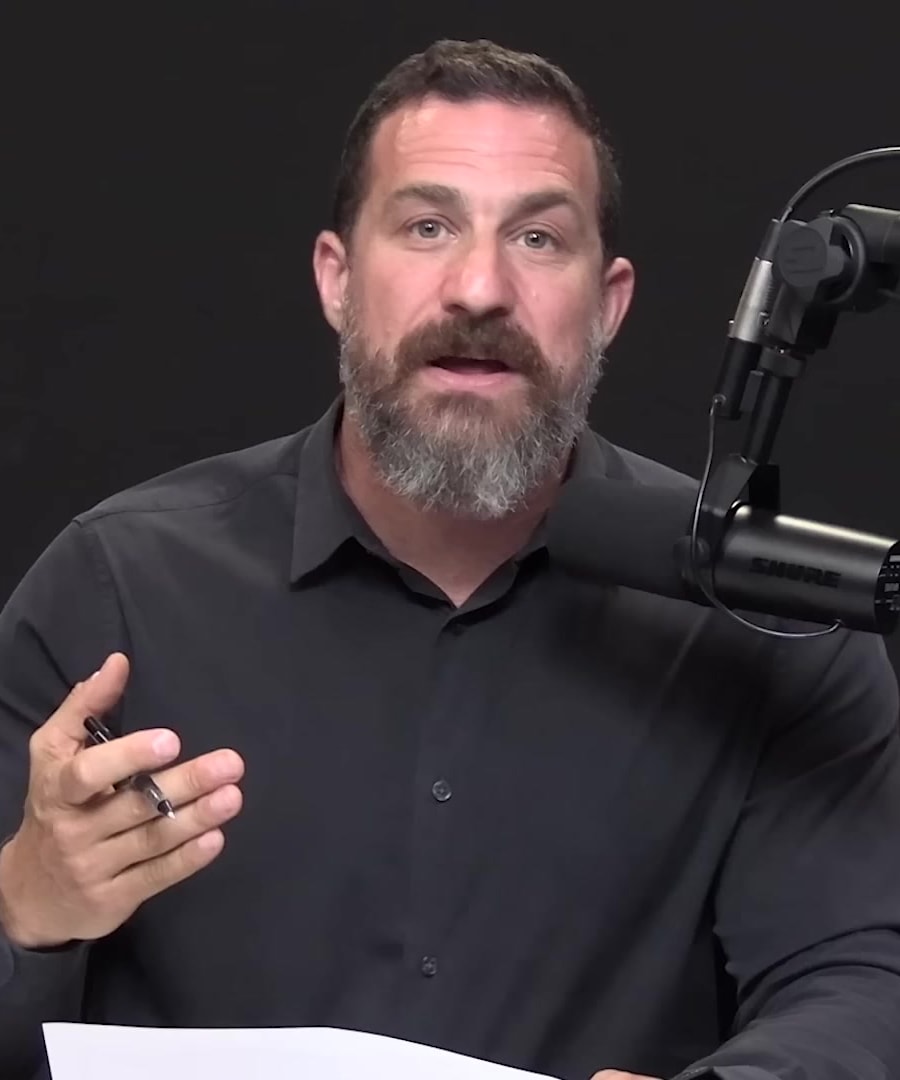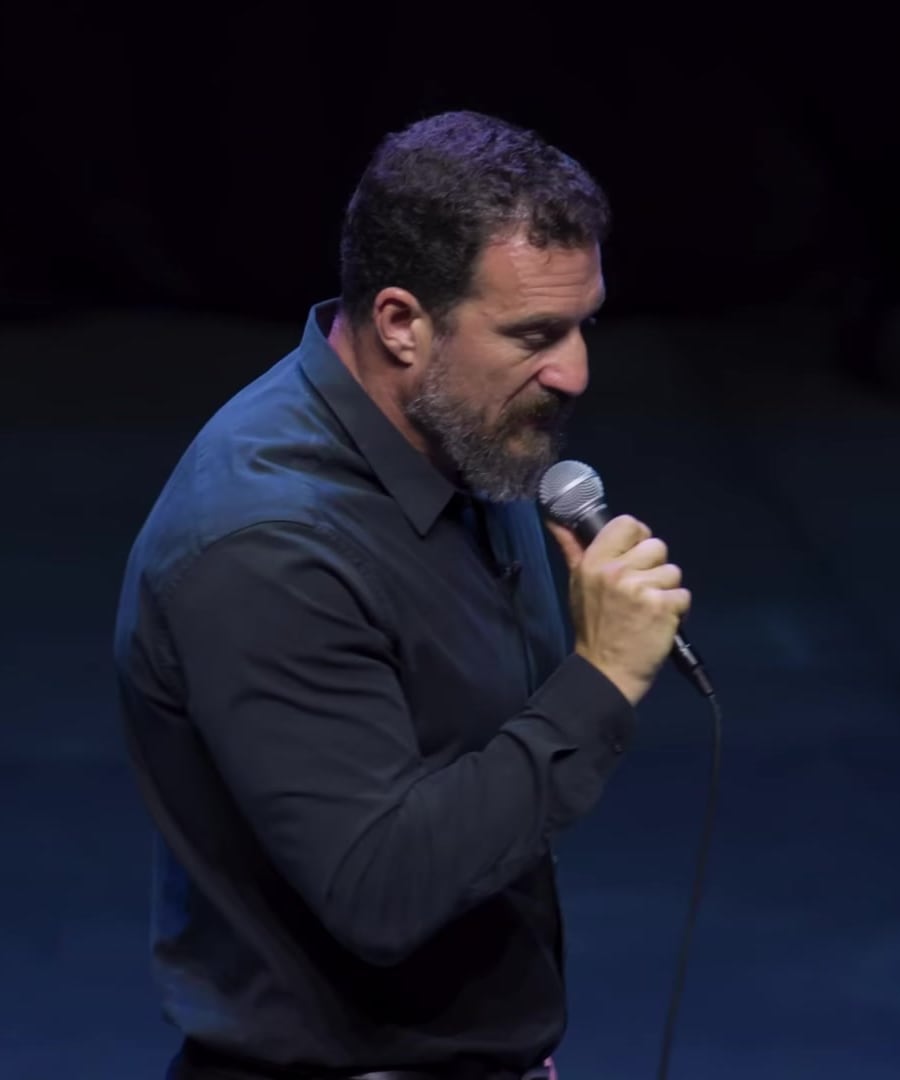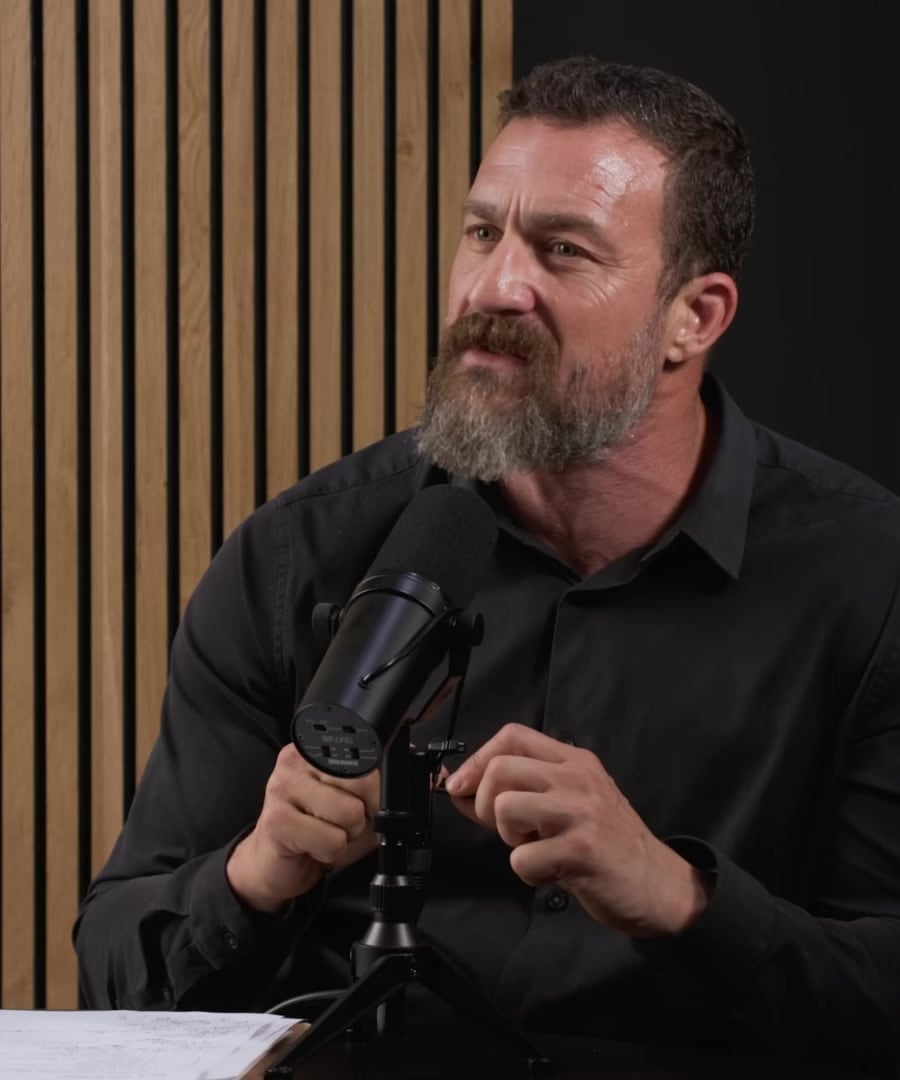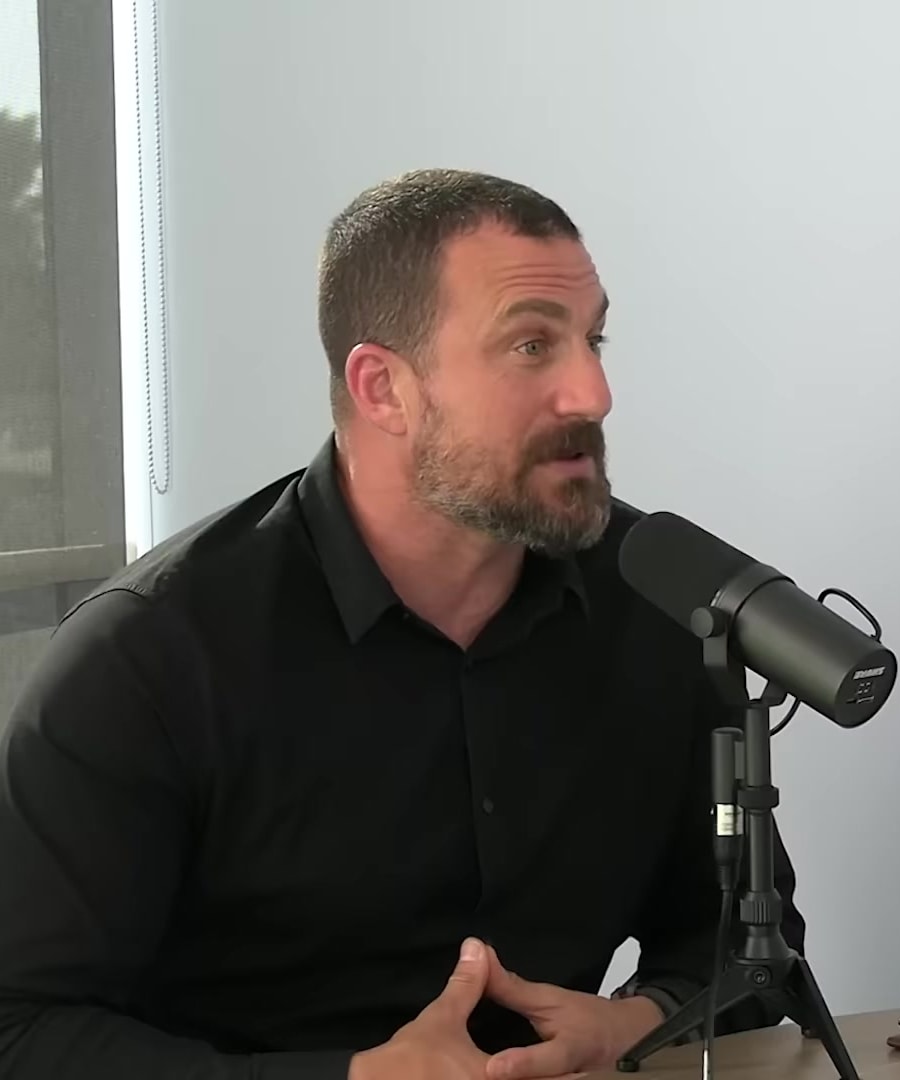Best sleep hours for 24 year old
Sources:
For a 24-year-old, striving for a consistent sleep schedule is key. emphasizes the importance of maintaining a regular bedtime and wake-up time within a plus or minus one-hour window. This consistency can significantly improve sleep quality, mood, and overall health.
He suggests aiming to go to bed and wake up at roughly the same times each day, even on weekends. This helps regulate your circadian rhythm and improve your chances of obtaining optimal deep and REM sleep 1.
Whether you're an early bird or a night owl, maintaining this regularity is crucial. For instance, if you typically go to bed at 11 PM and wake up at 7 AM, try to keep this schedule as consistent as possible. However, it's also important to live life, so occasional deviations are okay, but regular consistency will yield better results 2.
Lastly, if you struggle with sleep duration, consider integrating a non-sleep deep rest (NSDR) protocol for 10-30 minutes in the morning or later in the day to enhance rest and recovery 3.
RELATED QUESTIONSWhat is a non-sleep deep rest protocol?
Sources:
Non-Sleep Deep Rest (NSDR) is a protocol coined by that encompasses practices like meditation, yoga nidra, and hypnosis. These practices involve a deliberate shift toward deep relaxation, which promotes various health benefits.
Key Points about NSDR:
- Purpose: NSDR aims to guide the brain and body into states of deep relaxation, enhancing recovery, reducing stress, and improving overall brain and body function 1 2.
- Protocols Included:
- Yoga Nidra: Involves lying on your back and doing specific long exhale breathing without any physical movement 1.
- Hypnosis: Shown to promote relaxation and accelerate plasticity and learning within the brain 1.
- Simplified Practices: Created to avoid complex language and make the practice more accessible to a wider audience 2 3.
- Benefits: Used for enhancing sleep recovery, offsetting sleep deprivation, reducing anxiety, and improving focus and cognitive vigor 3 2 4.
- Accessibility: Several scripts are available for free on platforms like YouTube. For example, you can find a 10-minute NSDR protocol read by Andrew Huberman by searching "Huberman NSDR" on YouTube 3 5.
NSDR can be a valuable tool for aiding sleep, aiding anxiety management, and enhancing daily performance through structured relaxation practices.
RELATED QUESTIONSHow much to sleep
Sources:
The optimal amount of sleep varies per individual but generally falls within a specific range. provides several insights into this:
-
General Needs: Most people need between 6 to 8 hours of sleep per night. However, there are exceptions; for instance, some individuals can function well on 5 hours, while others might need 9 or 10 hours, especially if they are growing children, teenagers, or recovering from an illness 1.
-
Functional Criteria: If you can get through the day without excessive daytime sleepiness and maintain good mental and physical performance, your current sleep duration might be sufficient, even if it's only 5 to 6 hours 2.
-
Regularity and Timing: Keeping a consistent sleep schedule (going to bed and waking up at the same time each day within a 1-hour variance) helps regulate mood and overall sleep quality. This consistency is crucial for feeling rested and maintaining energy levels throughout the day 3 4.
-
Personal Adjustment: Individuals differ in their sleep needs. The key is to experiment and find what duration works best for you while maintaining the quality, quantity, regularity, and timing (QQRT) of your sleep 2.
-
Making Adjustments: Using Non-Sleep Deep Rest (NSDR) protocols can help compensate for lost sleep and improve sleep quality. This practice can aid in feeling rested even if the total sleep duration is less than ideal 5.
By focusing on quality and consistency, and adjusting to personal needs, you can optimize your sleep for better health and daily performance.
RELATED QUESTIONS-
How to experiment with sleep and know what is right for me
Sources:
To experiment with your sleep and determine what works best for you, and other experts suggest adopting a systematic approach:
-
Track Baseline Behavior:
- Begin by monitoring your current sleep patterns, daily routines, and behaviors without making any changes. This provides a baseline to compare against.
-
Manipulate One or Two Variables at a Time:
- Introduce changes gradually, such as adjusting bedtimes, changing meal timings, or exercising at different times. Avoid altering multiple factors simultaneously to identify the effects of each change clearly 1.
-
Negative and Positive Controls:
- Use a structured experimentation method called the "on-off-on" approach:
- On: Follow your usual routine.
- Off: Modify one aspect (e.g., napping time) and observe results.
- On Again: Revert to your original routine to see if previous issues reappear. This helps confirm that the changes made a real impact and were not just coincidental improvements 2.
- Use a structured experimentation method called the "on-off-on" approach:
-
Subjective and Objective Metrics:
- Record subjective experiences (e.g., how rested you feel) and objective data (e.g., sleep duration from a tracker). This dual-method approach ensures a comprehensive understanding of how changes affect you 3.
-
Identify Patterns:
- Analyze the collected data to discover patterns. For instance, if you consistently wake up at night after late meals, adjust meal times to see if it helps 1.
-
Adopt Effective Changes:
- Once you identify changes that improve your sleep, integrate them into your routine. Ensure these changes are maintained consistently to benefit your sleep quality and overall health.
Experimenting with small, controlled changes helps you understand and optimize your sleep according to your unique needs.
RELATED QUESTIONS-
Which sleep trackers are accurate?
Sources:
When it comes to the accuracy of sleep trackers, and other experts provide insights and caution about their limitations:
-
Current Accuracy:
- Most sleep trackers are about 70% effective at accurately staging your sleep. This means they can give you a reasonable overview, but the data should be taken with a grain of salt 1.
-
Placebo Effect:
- Sleep trackers' reported scores can influence how people feel about their sleep. If a tracker suggests poor sleep, individuals might feel more tired regardless of their actual sleep quality. Conversely, a good score can make people feel more rested, even if their sleep wasn't optimal 2.
-
Combining Data:
- It is advisable to combine subjective feelings with the objective data provided by sleep trackers. Trusting your body's signals and how you feel is crucial, as physiological feedback can sometimes differ from tracker data, especially in cases of insomnia 1.
-
Use for Learning:
- Sleep trackers can be very useful for learning about how different behaviors (e.g., alcohol consumption, late-night snacking) impact your sleep. This awareness can help individuals make better choices to improve their sleep quality 2.
While sleep trackers can provide valuable insights, it's important to view their data critically and in conjunction with personal, subjective experiences.
RELATED QUESTIONS-
Best sleep hours for 24 year old
- RELATED QUESTIONS
What is a non-sleep deep rest protocol?
- RELATED QUESTIONS
How much to sleep
- RELATED QUESTIONS
How to experiment with sleep and know what is right for me
- RELATED QUESTIONS
Which sleep trackers are accurate?
- RELATED QUESTIONS















